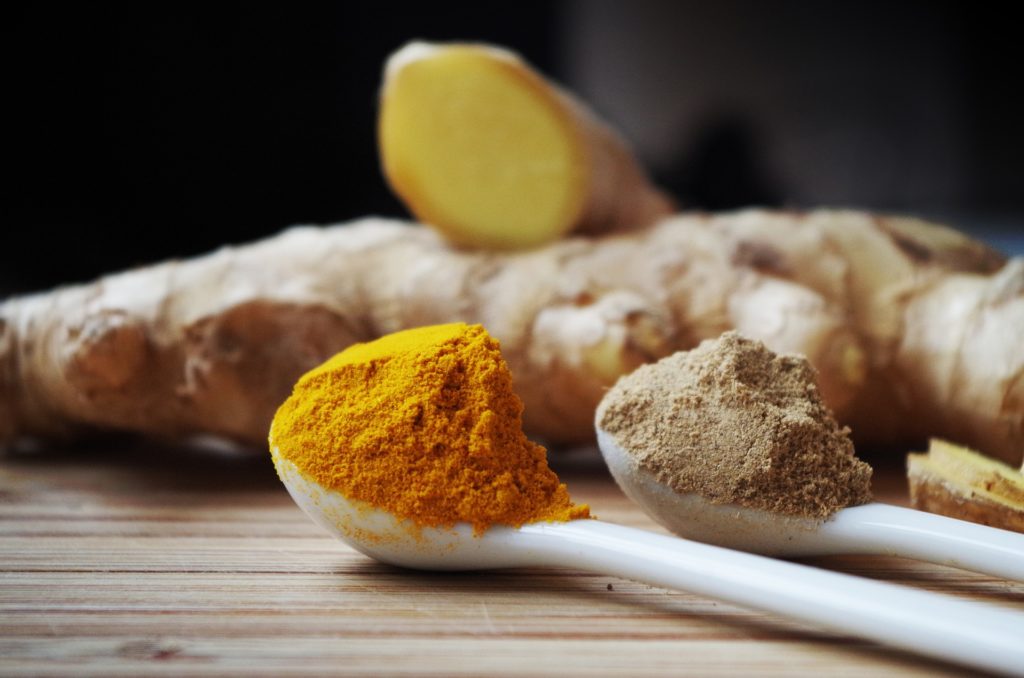C-Reactive Protein: A Crucial Test for Heart Disease, Mental Health and Viral Respiratory Infections

When working with patients, I often want to check laboratory testing. While I run a lot of standard labs, there are additional tests that often yield valuable medical information. One of the labs that I like to run frequently on patients is called “high-sensitivity C-reactive protein.”
C-Reactive Protein
C-reactive protein (CRP) is an inflammatory protein that is produced in response to tissue injury and infection. When present, CRP further activates the immune system. The increased activation helps to clear damaged cells and tissues (Thompson 1999).
However, high levels can indicate inflammation related to a number of different conditions, including cancer, infection and injury. More recently, additional relationships have come to light between CRP and heart disease, mental health and the severity of viral respiratory infections, including COVID-19.
CRP and Heart Disease
Elevated levels of inflammation increase risks for heart disease. A recent analysis of CRP as an inflammatory marker found that elevated levels increased risk of heart disease by 64%, the risk of stroke by 46%, and the risk of clogged arteries by 55% (Yang 2021). The results were found to be linear, with increasing inflammation worsening risks.
When assessing a patient’s heart disease risk, checking CRP levels through high sensitivity testing has long been a part of my standard assessment. While there are no approved treatments for elevated CRP, research has shown several natural agents have potential. And reducing CRP likely translates into better heart disease outcomes long term.
CRP and Mental Health
Another fascinating connection with CRP is its relationship with mental health. Increased inflammation has been found to be correlated with most mental health conditions, including depression, bipolar disorder, schizophrenia, obsessive compulsive disorder and others (Berk 2013, Jones 2021, Murphy 2021, Gerentes 2019). And as a specific marker, elevated CRP has been shown to correlate with treatment-resistant depression (Yang 2019). When inflammation is present in the body, standard antidepressant medications do not work well.
Like with heart disease, for patients struggling with mental health conditions, I usually want to check levels of CRP. When elevated, excess inflammation is likely contributing to their mental state. In cases where CRP is elevated, focusing on reducing levels back to normal is a mainstay of treatment to help improve symptoms.
CRP and Viral Illness
Interestingly, the severity of viral respiratory illness appears to be related to CRP levels. Influenza has been shown to have increasingly severe complications associated with higher CRP (Vasileva 2019).
More recently, the severity of COVID-19 infection also appears to have significant correlations with CRP. One review recently concluded that high-sensitivity CRP testing (among others) was a high-value test for helping to determine the risk of more severe outcomes (Cihakova 2021). Being able to predict which patients will have a more severe course of illness can help to better inform treatment decisions and resource allocation. This can be invaluable for triaging patient care.
While not directly tested, it’s also worth asking if natural treatments that lower CRP will improve outcomes in respiratory infections. Evidence is suggestive, but clinical trials are needed to know for sure (Zahedipour 2020).
Treating Elevated CRP

While testing and treating elevated CRP will likely require a doctor knowledgeable in natural and integrative medicine, there is evidence suggesting that some herbal products and dietary strategies may be helpful. Curcumin is the yellow pigment found in turmeric. A recent review on curcumin showed that the yellow spice may be effective for lowering CRP levels. Interestingly, they found that doses under two grams a day worked better than higher amounts (Gorabi 2021).
While not as well studied, evidence from human trials also suggests that ginger can effectively reduce CRP. In trials of obese men, heart disease and knee arthritis patients, levels of CRP were effectively reduced with ginger supplementation (Naderi 2015, Rezeai 2020, Atashak 2010).
When treating CRP it’s also important to consider dietary factors. Research suggests that a diet high in fiber and rich in magnesium can help in reducing CRP levels (King 2007, King 2005) Decreasing carbohydrates, especially sugars and other simple carbs is also likely effective (Seshadri 2004). Focusing on an “anti-inflammatory diet” that is low in processed foods and high in vegetables, fruits, beans and whole grains is probably a useful strategy overall (Shivappa 2019).
Conclusion
Inflammation is commonly associated with many chronic health conditions. CRP is one marker of inflammation that is easy to test and looks to be correlated with heart disease, mental health and poor outcomes in viral respiratory infections among other conditions. When identified, elevated levels of CRP can be reduced through natural or integrative approaches. Anti-inflammatory herbs and a healthy diet are often helpful. As such, testing and treating elevated CRP is often a standard component of my treatment strategy for patients.

